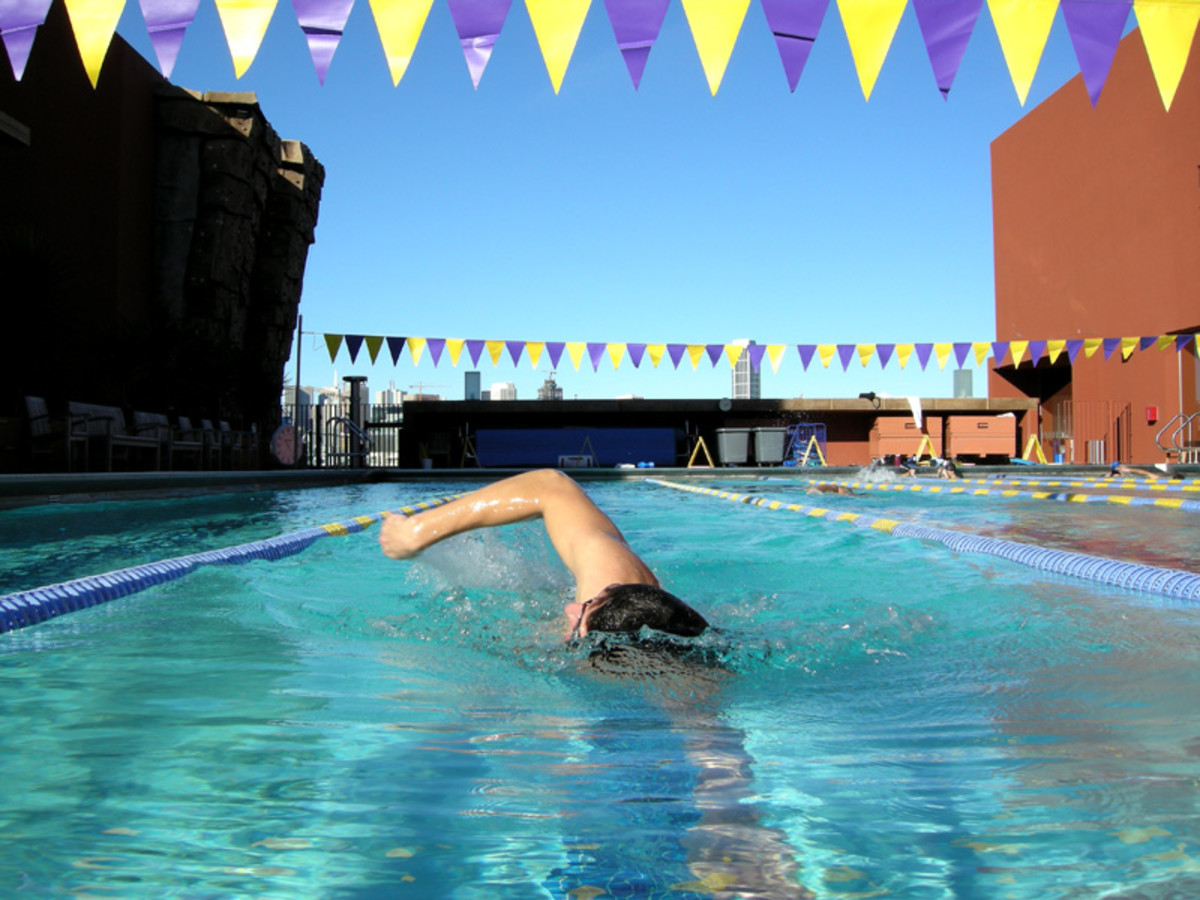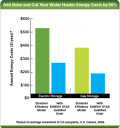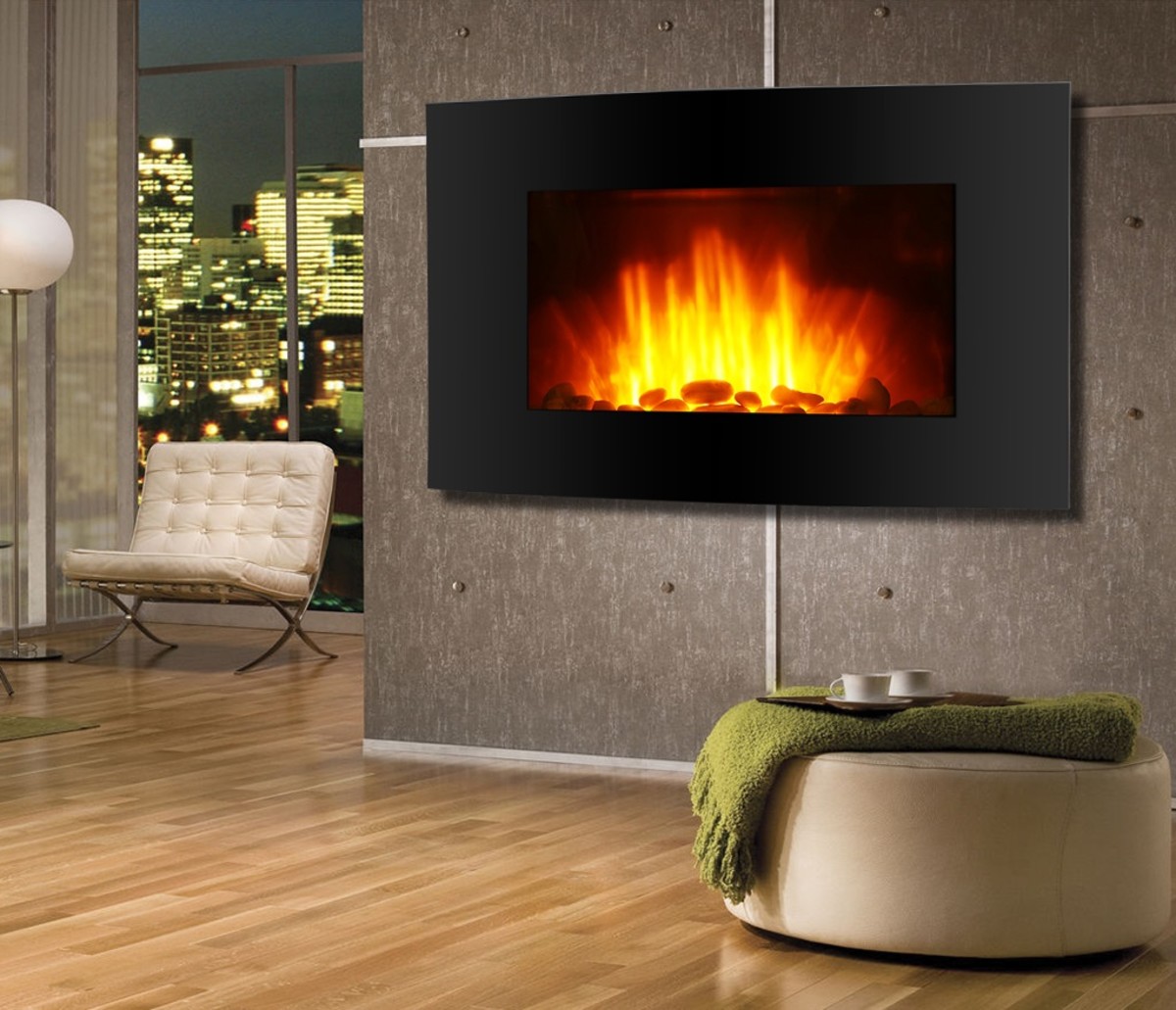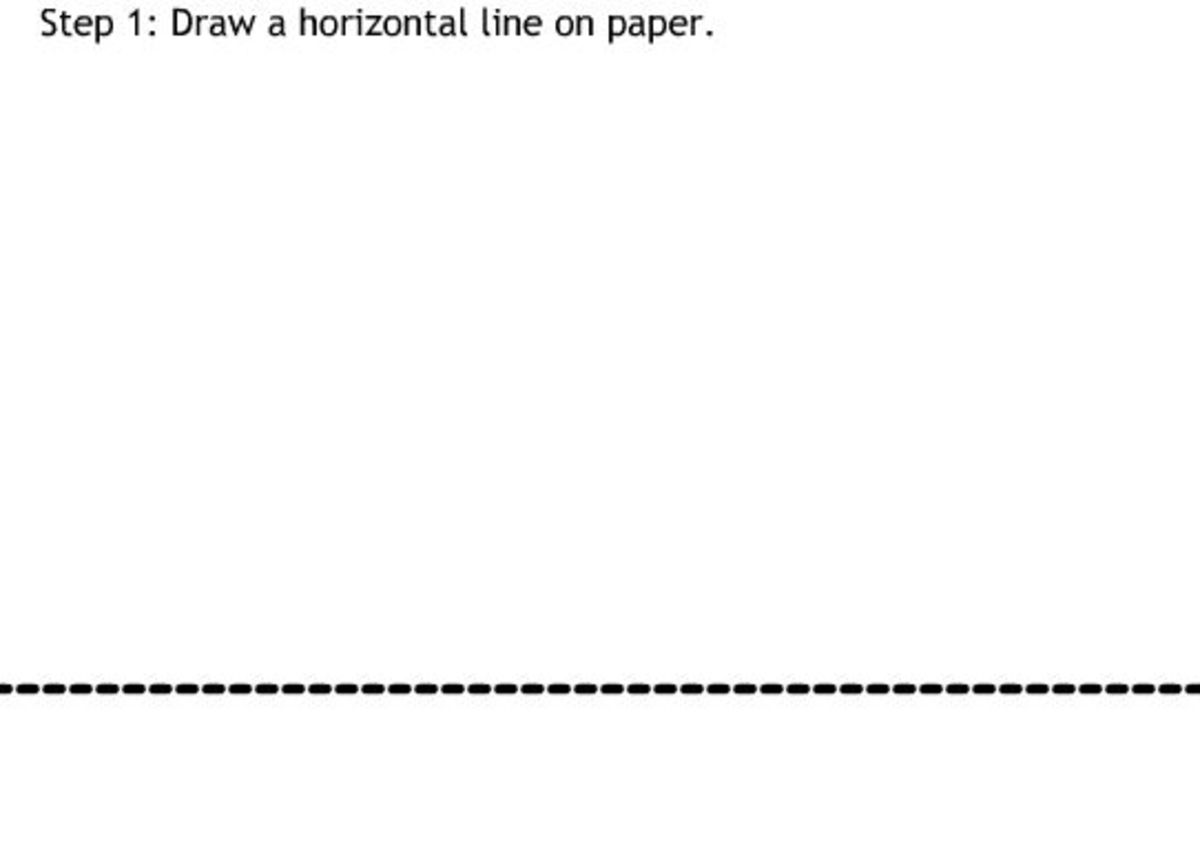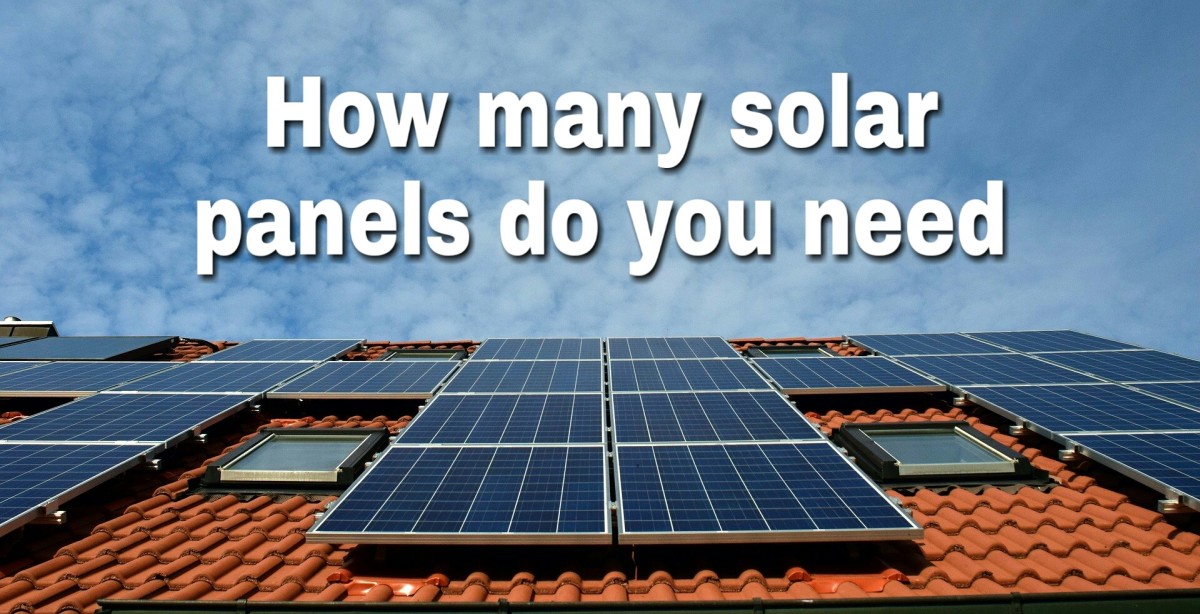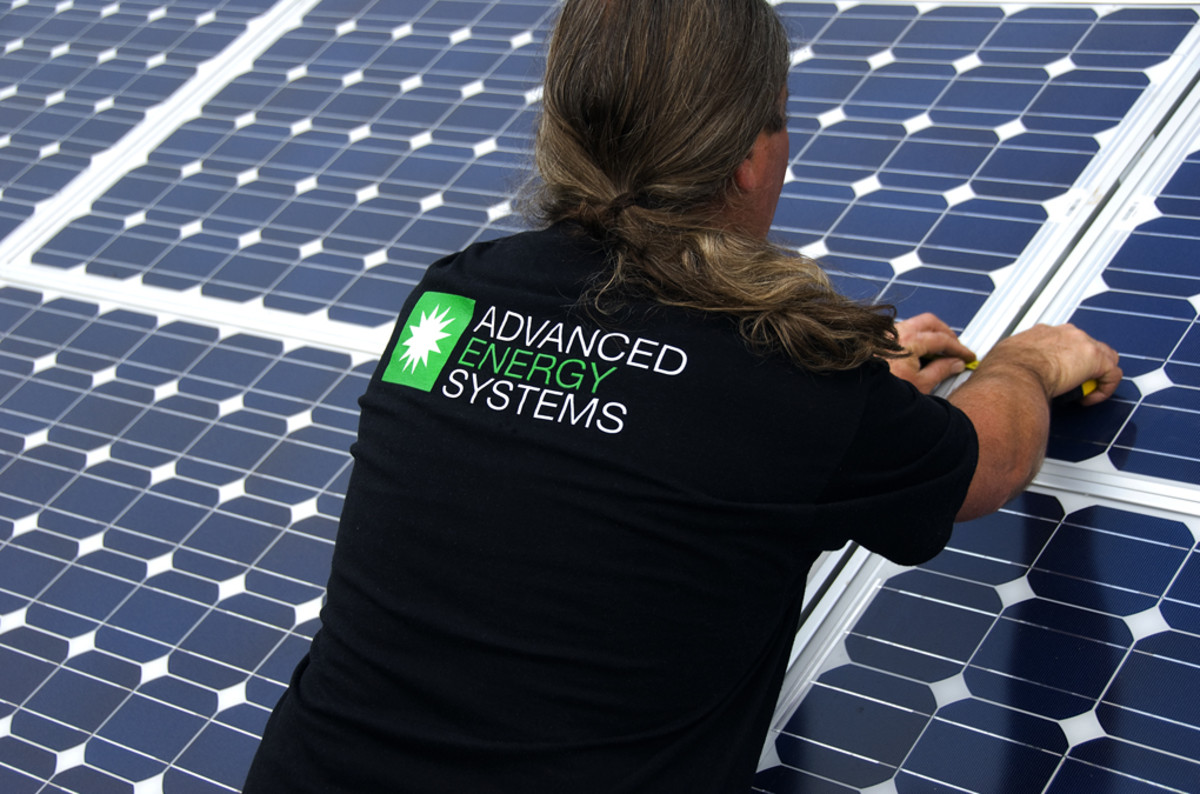Do Solar Pool Heaters Work?
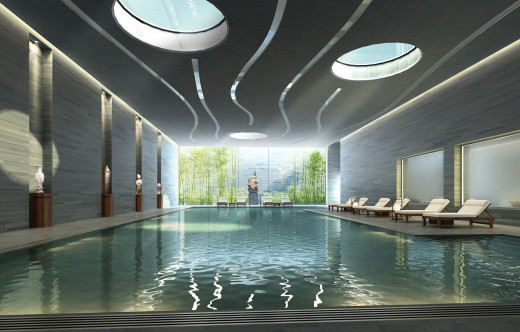
The traditional way of heating pools has been natural gas for the longest time. However, with gas prices climbing higher and higher, more people are now considering solar energy to heat their swimming pools. But can you possibly heat a pool with a solar heater? The answer is yes and no. Let me explain.
Solar energy has its own advantages and disadvantages. The main disadvantage which may be of greatest concern to swimming pool owners is that the solar energy that can be captured to heat water at any time varies throughout the day, month and year. It's not constant.
Yet swimming pools need continuous heating to maintain a constant temperature. I'll elaborate more in terms of the solar irradiance at a place to get a better understanding of what you have to expect from a solar heater. If you have no idea what solar irradiance is, you can do a quick read about solar irradiance here.
What to expect from a solar pool heater
The general working principle of most solar pool heaters is like this. Water from the pool is led into copper pipes that will be exposed to the sun. These pipes collect solar energy from the sun and use it to heat the water inside. The heated water is pumped back into the pool and colder water is drawn into the pipes again. The process keeps repeating over and over again.
But what happens when the solar irradiance drops, say when it gets dark or when winter comes? The solar heater pumps out water that is no warmer than it drew from the pool. In winter, if the solar pool heater is not turned off especially when there's frost, the heater can act as a cooler and catalyze the rate at which temperature drops in the pool. You don't want that, nobody does.
However, when the solar irradiance is moderate a solar heater can raise the temperature of your pool by at least 4 degrees. The best performance you can expect from a solar heater, which would obviously happen during hot summer days, is a 11°C temperature rise. These numbers apply for a solar heater that has a solar collector with an area that is half the area of the surface of the pool.
Swimming pools lose heat by thermal radiation, convection and evaporation. So the greater the surface area of the pool, the more heat that is lost to the environment. That means a bigger pool needs a bigger solar heater. Therefore you shouldn't expect a steaming pool when your solar heater is very small compared to the pool.
If you want a very warm pool, you'll have to scale the solar heater but that will need a lot of space if your pool is not roofed. If it's roofed, you can install the solar collector on the entire roof. You just have to increase the 1:2 area ratio.
Commercial swimming pools which use solar heaters usually have a slanted roof over the pool on which the solar collector is mounted. The greater the surface area of the collector, the higher the temperature that can be reached. If your space is limited for mounting the solar collector, you shouldn't expect big temperature changes with a solar heater.
Who should get a solar pool heater?
Since solar pool heaters are only useful for specific times and require enough space, it is no surprise that only an eligible population can make use of them. Here are the conditions that ensure that you get the best from a solar pool heater.
- You have lots of space to install the solar collector. The area ratio of the collector and the pool should be at least 1:2.
- You want to use it during the summer when the days are long and sunny.
If these conditions are satisfied, then a solar heater will fit its job for your pool. I do have a piece of advice for you if you're intending to use a solar heater.
Advice for pool owners
I know the cost for building and maintaining a pool is weighty. And I'm sure your gas heating costs have been climbing (if not yet, they are going to because gas reserves are getting depleted). So let me be honest with you, a solar heater will not get rid of the gas heating costs completely. But what a solar heater can do is reduce those costs very significantly.
Connect your solar heater and your gas heater in parallel so that each doesn't affect the operation of the other. Use the solar heater first and if the temperature hasn't risen to what you want, turn the gas heater to backup the solar heater.
If your pool is very big, I advice you build walls and a roof above it. This will create more space to install a bigger solar collector and will also minimize heat losses by convention and evaporation. Less heat lost means more is kept in the water and then it takes less energy from the solar or gas heater to maintain a higher temperature.
If you want significant heating in winter, you'll have to use gas. A solar heater may help in winter but this differs from place to place. You may need to consult a solar engineer about the solar irradiance in your place. The solar irradiance will determine whether the solar heater will be able to raise the temperature of the pool or it will actually catalyze temperature drops.
Conclusion
I hope you're now versed enough not to have the most ridiculous expectations for solar pool heaters. I know some folks who know very less about solar energy who used to think of a solar pool heater as a small floating panel that magically makes the pool warm when you put it in the pool.

That's funny but really, people expect that when they don't much. But now you know and can make a better and more educated decision about whether you should get a solar pool heater or not.

